10 health changes women should watch out for after 50
As we age, our bodies go through various changes, and it’s important to be aware of the potential health symptoms that can arise.
From heart troubles to bone health, here we look at the key health concerns you need to be mindful of.
1. Prioritise your heart health
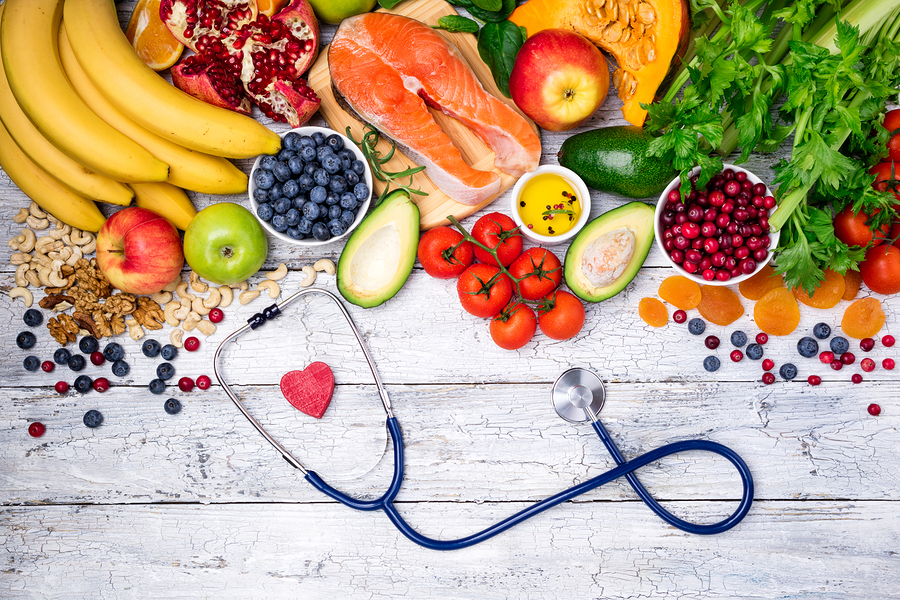
Heart disease is the leading cause of death in women, surpassing even breast cancer.
Once you reach mid-life, the risk of heart disease significantly increases.
Approximately 35,000 women are admitted to UK hospitals every year due to heart attacks, with an average of four cases occurring every hour.
Menopause brings about changes in fat distribution and decreased levels of oestrogen, increasing the likelihood of inflammation, high blood pressure, cholesterol problems, and type 2 diabetes.
Familiarise yourself with the symptoms such as chest pain or tingling, arm or back pain, breathlessness, nausea, and fatigue.
Don’t hesitate to seek medical attention if you experience any of these warning signs.
2. Monitor your blood sugar levels

Hormonal fluctuations during mid-life can impact blood sugar levels, making women more susceptible to type 2 diabetes.
Menopause may lead to fat accumulation around internal organs like the liver and pancreas, potentially causing insulin resistance.
If you are already overweight or obese before menopause, your risk is further elevated.
Consult your GP to check your blood sugar levels using a simple test called HbA1c.
Early detection and adoption a healthy, balanced diet can help mitigate the risk of diabetes and its associated complications.
3. Prioritise bone health
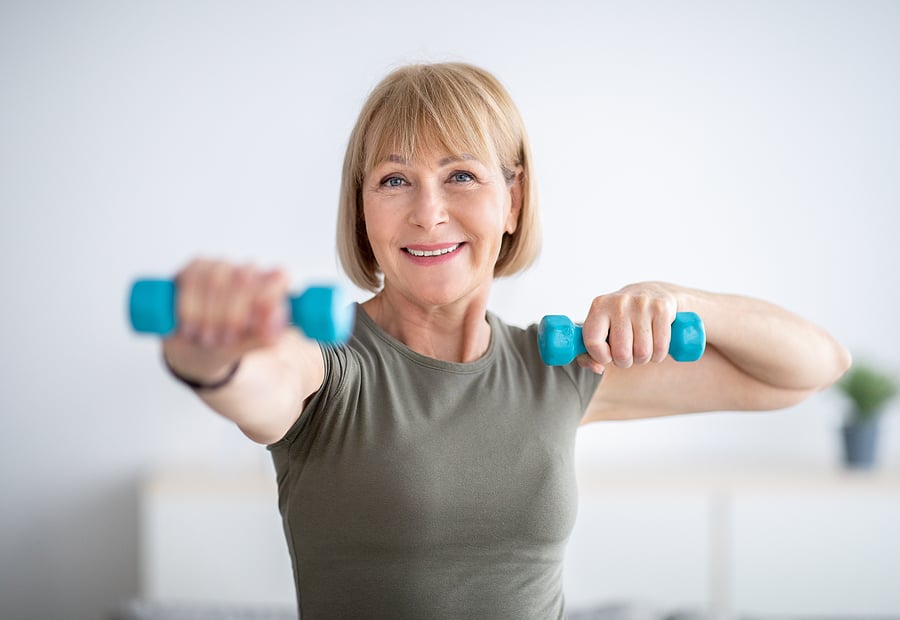
Osteoporosis, a condition characterised by weakened and brittle bones, affects one in three women.
Ageing naturally leads to a decline in the production of new bone cells, and menopause exacerbates this issue by causing a significant reduction in oestrogen levels.
This hormonal change results in up to a 20% decrease in bone density within a couple of years after menopause.
4. Know your blood pressure
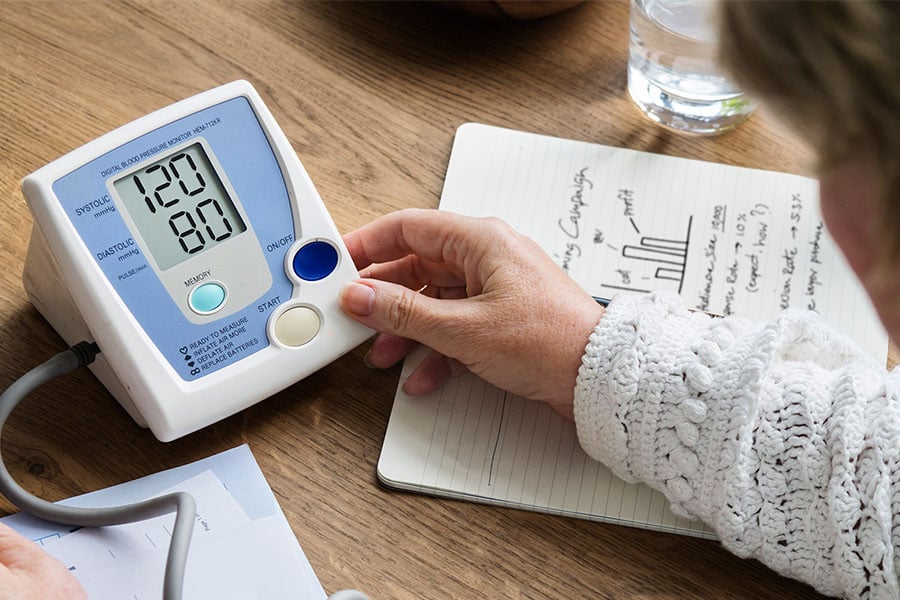
Over 55% of women aged 55 and above have high blood pressure, which often presents no symptoms but puts a strain on vital organs and increases the risk of heart disease, stroke, kidney disease, and dementia.
Regular blood pressure checks are necessary to monitor your levels. Blood pressure test monitors are available to buy from local pharmacies or on Amazon.
Ideal readings fall between 90/60 and 120/80, while readings between 121/81 and 139/89 are considered elevated. Anything above 140/90 is officially classified as high blood pressure.
5. Breast health awareness

Breast cancer is most commonly diagnosed in women aged 50 and over.
Regular screening appointments and self-examinations play a crucial role in early detection. Shockingly, almost half of women do not perform regular breast self-checks, and one in ten has never done so.
Take charge of your breast health by being vigilant for any changes such as lumps, swelling, rash, dimpling, or nipple discharge.
The NHS offers screening programs for breast, cervical, and bowel cancer, saving thousands of lives annually.
Mammograms should be done every three years between the ages of 50 and 71.
6. Address incontinence
Leaking urine involuntarily affects around 40% of women, with approximately one-third experiencing significant impacts on their daily lives.
While many attribute this problem to childbirth, the decline in oestrogen during mid-life can also contribute to urinary incontinence.
Being overweight further increases the risk due to added pressure on the pelvic muscles.
Seek guidance from your GP, as there are exercises and medications available to help manage this condition.
7. Hair loss and menopause
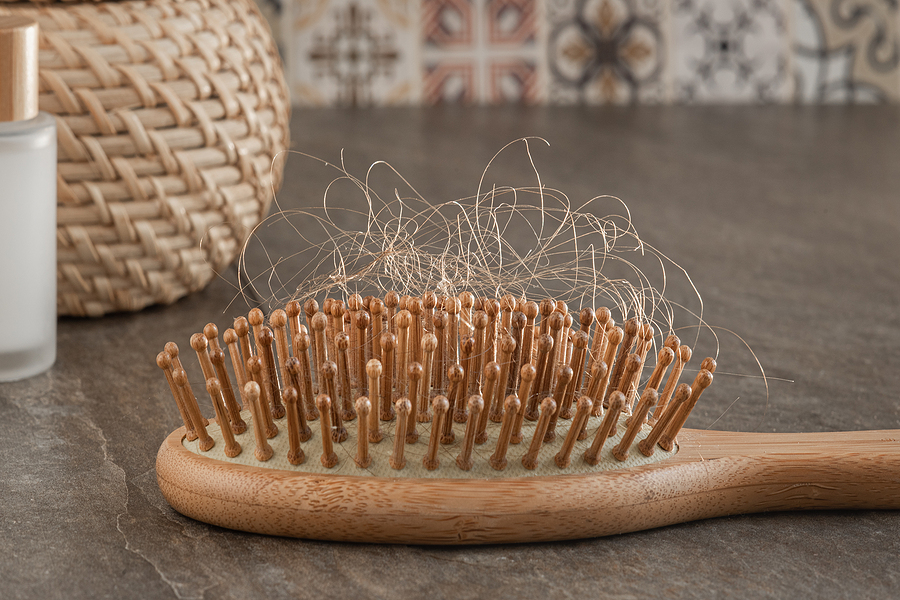
Around 40% of women experience hair loss during the menopausal transition. This can be distressing and impact emotional well-being and social interactions.
Hair growth is influenced by oestrogen, so declining levels can contribute to hair loss.
Minoxidil, a hair loss medication, and hormone replacement therapy (HRT) may be options for severe cases. Discuss your concerns with a doctor to explore potential solutions.
8. Focus on mental health

Research indicates that women in their 40s and 50s are at the highest risk of experiencing anxiety and depression.
Juggling family responsibilities, work pressures, and the physical and hormonal changes associated with ageing can contribute to psychological distress.
Prioritise sufficient sleep and engage in regular exercise to improve your mental well-being. HRT or antidepressant medications may also be beneficial for managing menopause symptoms and related mood changes.
9. Addressing a diminished libido
A decline in sex drive during mid-life can be attributed to hormonal changes, as well as other physical and emotional factors.
Weight gain, insomnia, fatigue, and low energy can all contribute to a decreased interest in sex. Hormone replacement therapy, vaginal oestrogen, and counselling are some options that may help restore your sex life.
Consult with your healthcare professional to find the most suitable remedy for your situation.
10. Vaginal health matters
Around 80% of women experience genito-urinary syndrome, commonly known as vaginal atrophy, as a result of decreased oestrogen production.
This condition leads to reduced lubrication and can cause infections, affecting both sexual relationships and overall well-being.
Don’t suffer in silence—there are various treatments available that can alleviate symptoms and improve your quality of life. Talk to your doctor to explore the options that may work best for you.
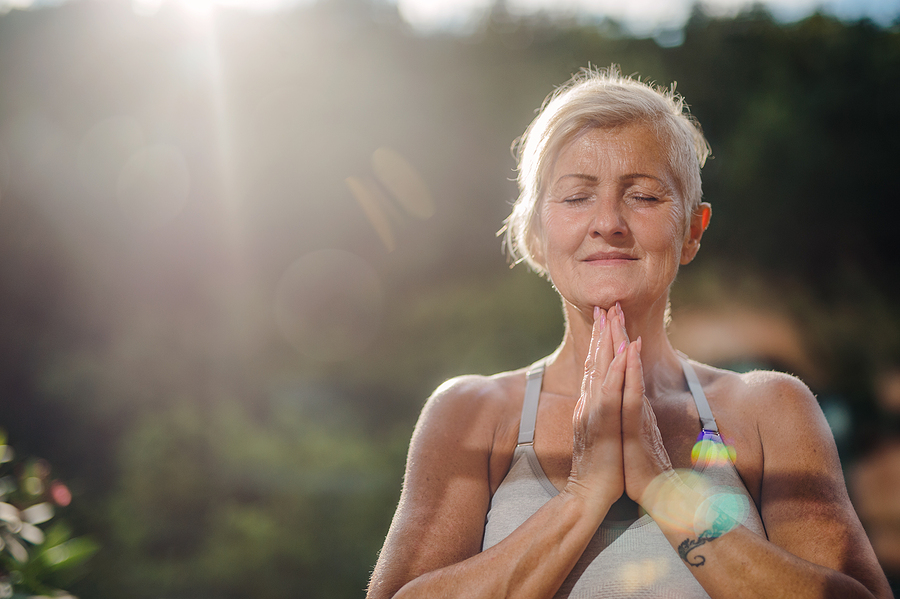
As you navigate life beyond 50, it’s essential to prioritise your health and remain vigilant for any potential symptoms or changes.
By being aware of the risks associated with heart disease, diabetes, bone health, breast cancer, incontinence, high blood pressure, hair loss, mental health, libido, and vaginal health, you can take proactive steps to maintain your well-being.
Regular check-ups, healthy lifestyle choices, and seeking professional guidance when needed are key to leading a fulfilling and healthy life after 50.
Disclaimer
All content on Silversurfers.com is provided for general information only, and should not be treated at all as a substitute for the medical advice of your own doctor or any other health care professional. Silversurfers will not be responsible or liable for any diagnosis made by a user based on the content on www.silversurfers.com and we are also not liable for the content of any external websites or links from or to Silversurfers to any other websites. Please always consult your own doctor if you’re in any way concerned about any aspect of your health.
Lisa Lawrenson
Latest posts by Lisa Lawrenson (see all)
- Masterclass: How to grow a thick healthy lawn - March 31, 2024
- Lawn care – dealing with moss and thatch - March 22, 2024
- A beginners guide to Artificial Intelligence and Chat GPT - February 29, 2024
- 10 minute tutorial: How to arrange supermarket lillies into a stunning floral arrangement - January 1, 2024
- 10 health changes women should watch out for after 50 - January 1, 2024





















